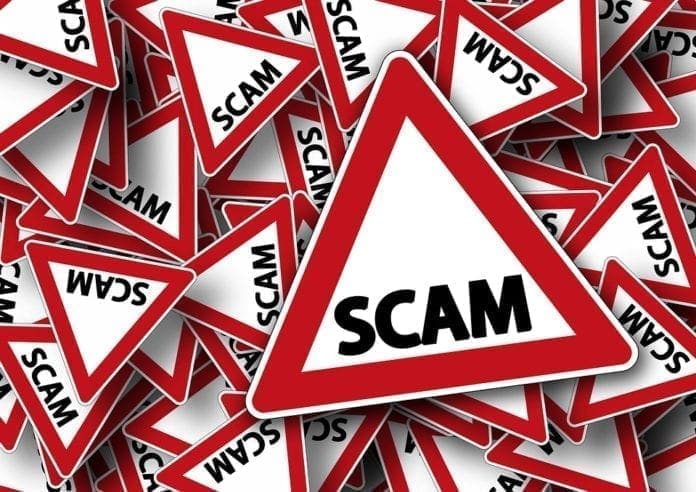What passwords do you use? Are you a 1-2-3-4-5 person? That’s not a good password, by the way. It’s also not good to use your mother’s maiden name, your birthday, your anniversary, your partner’s name, your pet’s name, or any other information that would be readily available to someone who wants to scam you.
We have passwords for our Gmail, Facebook, banking, taxes, paying bills, and many other programs or tasks. We can even password protect documents on our computers.
We are encouraged to use different passwords and make them “strong” to try to avoid our accounts getting hacked or compromised. This involves using capital letters, numbers, symbols, and other combinations that make our passwords more secure. We are encouraged to change our passwords regularly so scammers can’t figure out what they are. Do we do that?
NBC News reported on May 6 that Google had developed a tool that it reports will help protect people from on-line scams. Google announced that it was intercepting 18 million malware and phishing emails DAILY related to the Coronavirus. Some claim to be from the CDC (Centers for Disease Control) or WHO (the World Health Organization). Some are seeking donations asking donors to use bitcoin.
Compromised?
Google’s app is called Password Checkup, and Google reports that the tool can help you see whether any of your passwords have been compromised or if you are using the same password in multiple places, according to Senior UX Designer Anneke Glasius. The reporter Keir Simmons found that he had 26 compromised passwords when the tool was being demonstrated.
Google tells us that Password Checkup can be quickly used. For more information go to passwords.google.com or go to the Security Checkup section on Google. Google tells us to make sure and change any compromised passwords.
Bottom line, do these things:
- Make sure your passwords are strong. Most apps will tell you the strength of your password as you are creating it.
- Don’t use familiar and easily obtained information. Remember that there is a lot of information on-line. Scammers can easily access family names, meaningful dates such as your birthday, your pet’s names – it’s all out there! If you share a lot on social media, there is even more information!
- Change any commonly reused passwords.
- Change your passwords often.
- Don’t share your passwords!
The Federal Trade Commission also reminds us:
- Don’t respond to texts, emails, or calls about stimulus checks.
- Ignore offers for vaccines or cures for the Coronavirus, offers for PPE, or any other phishing emails.
- Watch offers for test kits. Most kits have not been approved by the Food and Drug Administration.
- Do NOT donate in cash, by gift cards or by wiring money, and make sure the organization to which you are donating is legitimate. Verify the organization and the address through a source other than an email you’ve received.
- Hang up on robocalls or scammers who are soliciting.
- Be pro-active and protect yourself and your families!
Stay safe. Be well. Wash your hands. Practice social distancing! This isn’t over.


